

James Wong
2026 Audi SQ5 review: Quick drive
5 Days Ago
Chinese brand Leapmotor has an ambitious global expansion planned, and that includes an Australian launch this year.

News Editor
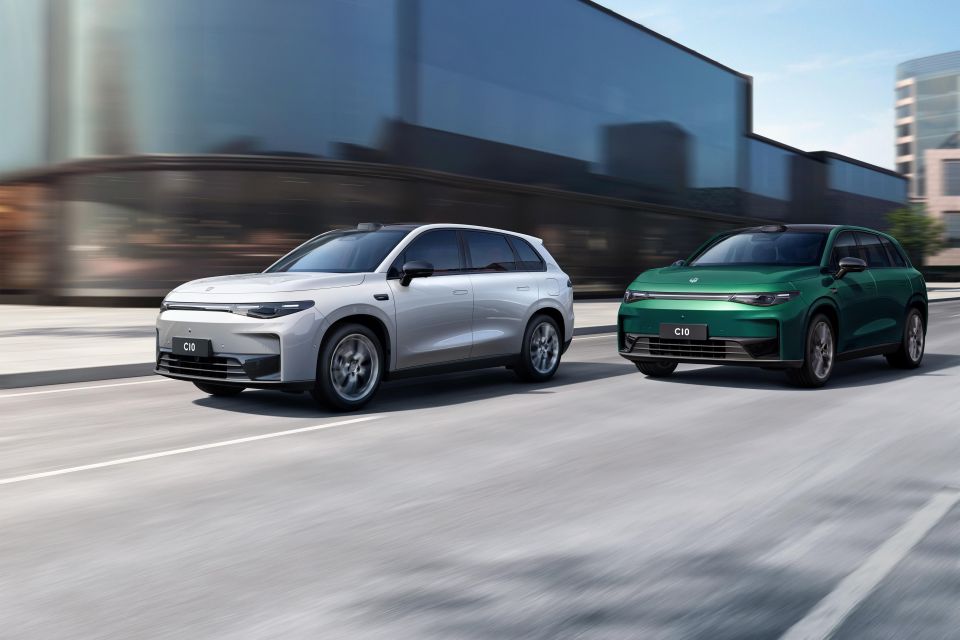

News Editor
Yet another Chinese brand is coming to Australia, but this one has the backing of global automotive giant Stellantis.
Leapmotor International has confirmed it will enter various Asia-Pacific markets in late 2024, including Australia.
The company, headquartered in the Netherlands, is a joint venture between Jeep and Peugeot parent Stellantis, which has a 51 per cent stake, and Chinese firm Leapmotor, which has the remaining 49 per cent.
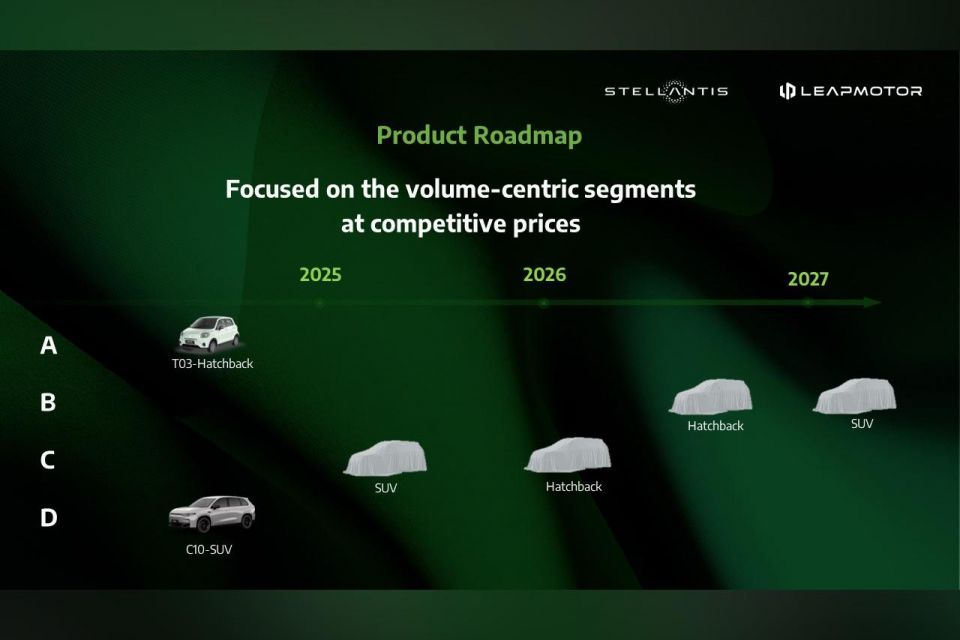
Leapmotor says two vehicles will headline its rapid global expansion: the T03 city car, and the C10 mid-sized crossover.
The company says they’ll be followed by at least one new model annually over the next three years. It has released a product roadmap showing it plans to launch a small SUV in 2025, a small hatchback in 2026, and a light hatchback and SUV in 2027.
Moreover, it says its products will complement Stellantis’ existing portfolio, and “bring more affordable mobility solutions to global customers”.
Leapmotor says the C10 is its first global product built according to global design and safety standards, with the goal of achieving a five-star Euro NCAP rating.
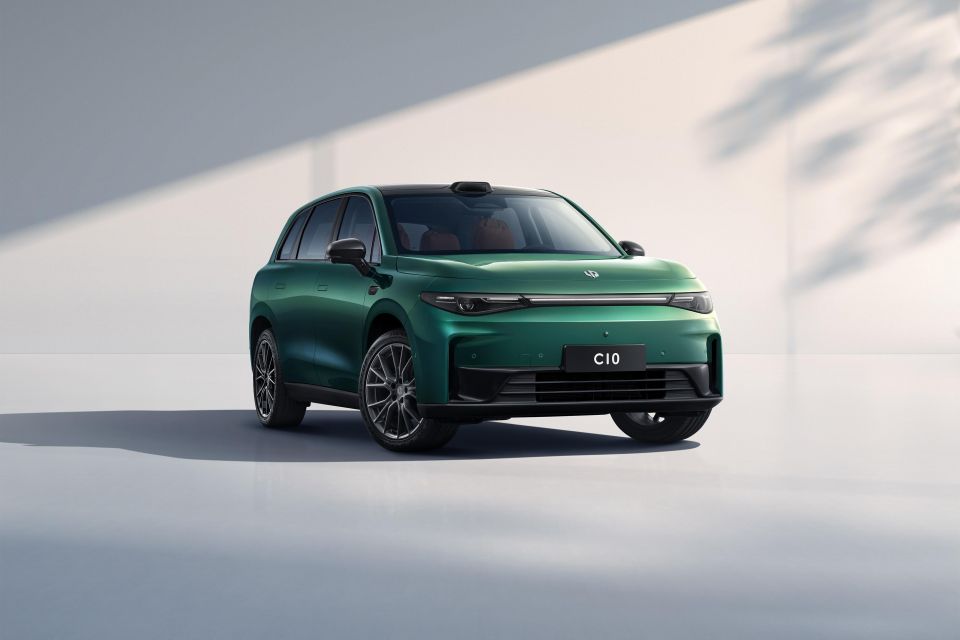
It rides on its in-house LEAP3.0 architecture, with cell-to-chassis technology. It’s offered with both electric and range-extender powertrains, though it’s unclear if Leapmotor International will offer both in global markets.
Range-extender models feature a 70kW 1.5-litre engine, a rear-mounted 170kW/320Nm electric motor and a 28.4kWh lithium iron phosphate (LFP) battery, good for 210km of electric range on the more lenient CLTC test cycle.
Electric models do without the engine, naturally, but use the same electric motor. They sub in larger 52.9kWh or 69.9kWh LFP batteries, good for between 410km and 530km of CLTC range.
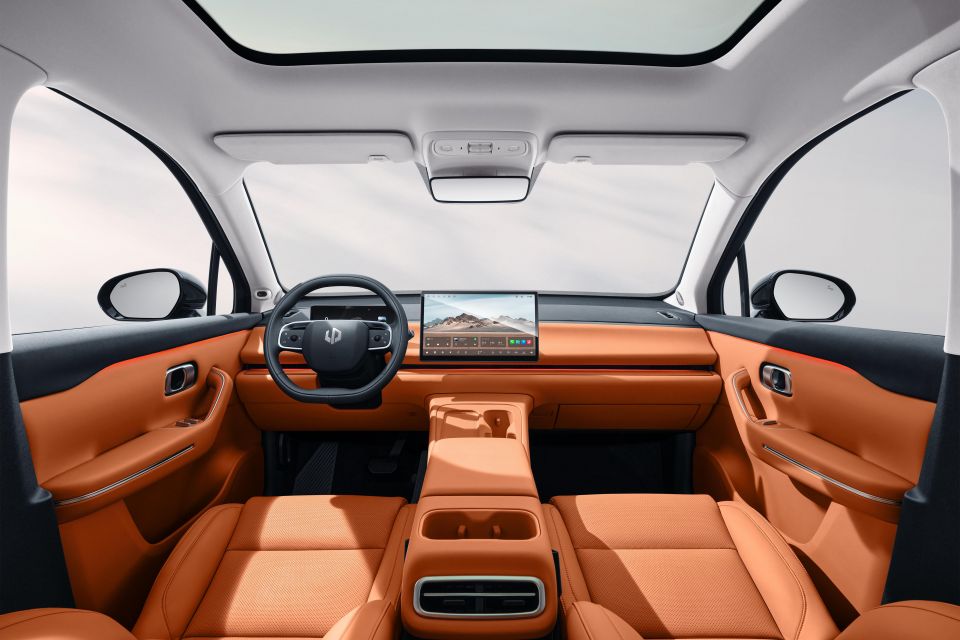
It measures 4739mm long, 1900mm wide and 1680mm tall on a 2825mm wheelbase, making it dimensionally very similar to the Tesla Model Y.
There’s a range of available safety features, including adaptive cruise control, autonomous emergency braking, blind-spot monitoring, lane centring, lane-keep assist, rear cross-traffic alert, and a surround-view camera.
Inside, there’s a standard 10.25-inch digital instrument cluster and a 14.6-inch touchscreen infotainment system, while available features include augmented reality satellite navigation and sentry mode.
The T03 is a five-door micro car – or “urban boutique commuter car” in Leapmotor’s words – that promises the interior space of a light car.
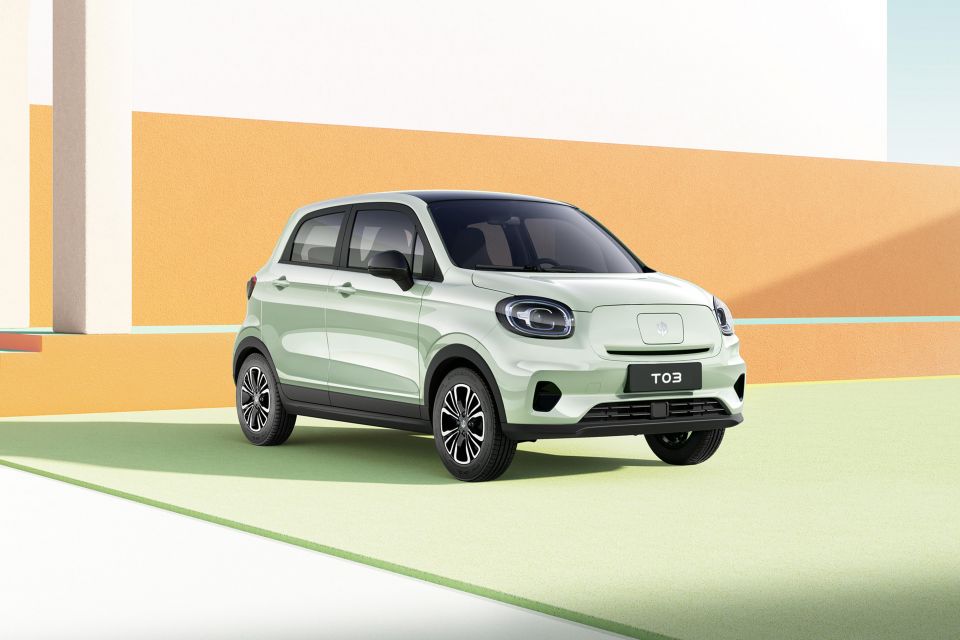
It’s available exclusively with electric power, with a choice of three electric motors offered in China: a 40kW/96Nm entry-level unit, as well as a 55kW/114Nm motor and an 80kW/158Nm motor.
Top speed is 100km/h, while the the T03 weighs between 995kg and 1190kg depending on spec.
Leapmotor also offers a choice of lithium iron phosphate batteries, comprising 21.6kWh, 31.9kWh and 41.3kWh units.
Range is 200km, 310km and 403km, respectively, on the CLTC cycle; Leapmotor mentions a range of 265km on the WLTP cycle, though it doesn’t specify which battery this is for.
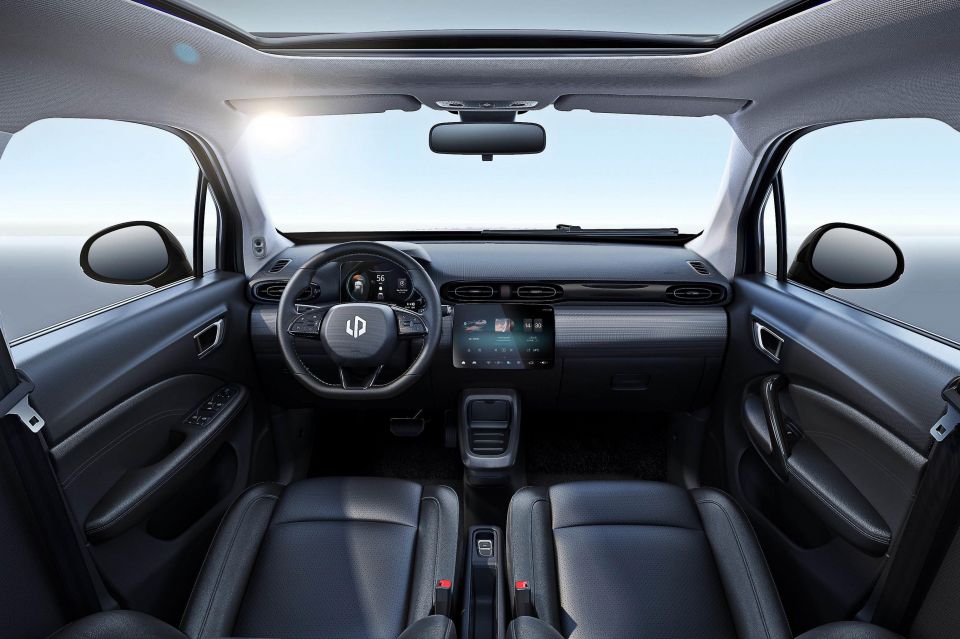
The front-wheel drive hatch measures 3620mm long, 1652mm wide and 1605mm tall on a 2400mm wheelbase, making it similar in size to a Kia Picanto.
Standard on all models in China are an 8.0-inch digital instrument cluster and a 10.1-inch infotainment touchscreen.
The Chinese website doesn’t make any note of any active safety equipment like autonomous emergency braking, something that would need to be featured for the T03 to be sold here.
Leapmotor offers a range of vehicles in China which it hasn’t yet announced any plans to sell in global markets.
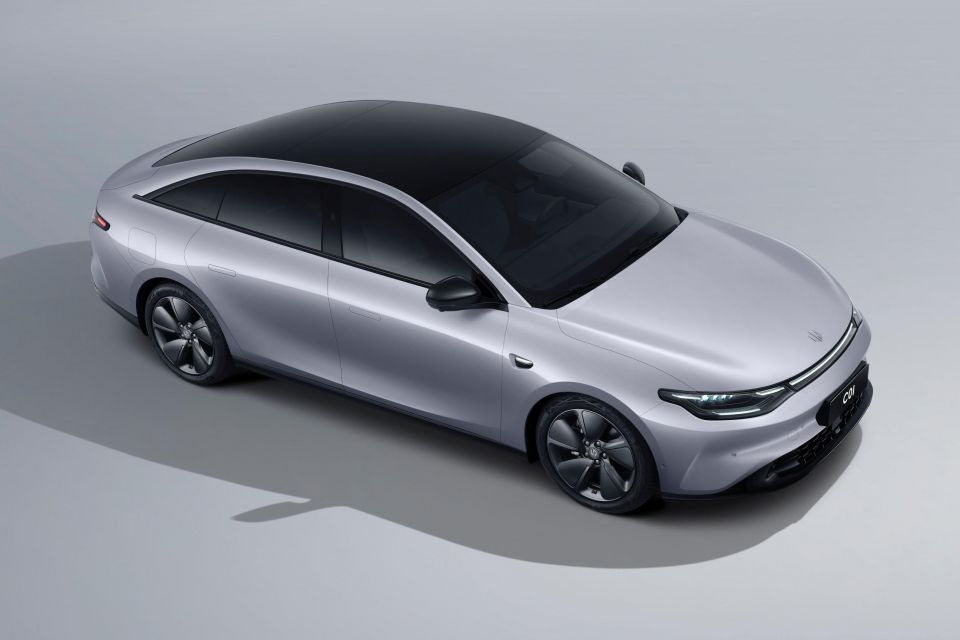
These include the mid-sized C01 sedan, introduced in 2022, and the mid-sized C11 crossover.
Leapmotor also revealed a large three-row SUV earlier this year called the C16.
All of these are offered with a choice of electric or range-extender powertrains.
The Leapmotor brand will first be rolled out to Belgium, France, Germany, Greece, the Netherlands, Portugal, Romania and Spain in September 2024, utilising Stellantis’ existing distribution channels.
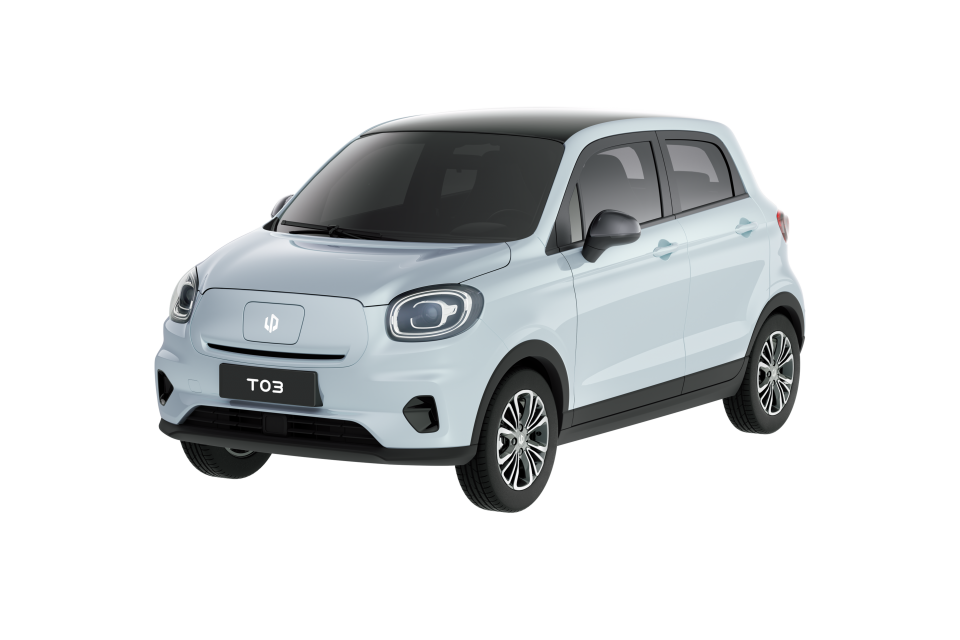
Later in the year, it will also be rolled out to Brazil, Chile, India, Israel, Malaysia, New Zealand, Thailand, Türkiye, as well as French Overseas markets.
Leapmotor International says this rapid expansion will help it boost scale very quickly, helping to drive value for both Stellantis and Leapmotor.
“The creation of Leapmotor International is a great step forward in helping address the urgent global warming issue with state-of-the-art BEV models that will compete with existing Chinese brands in key markets around the world,” said Stellantis CEO Carlos Tavares.
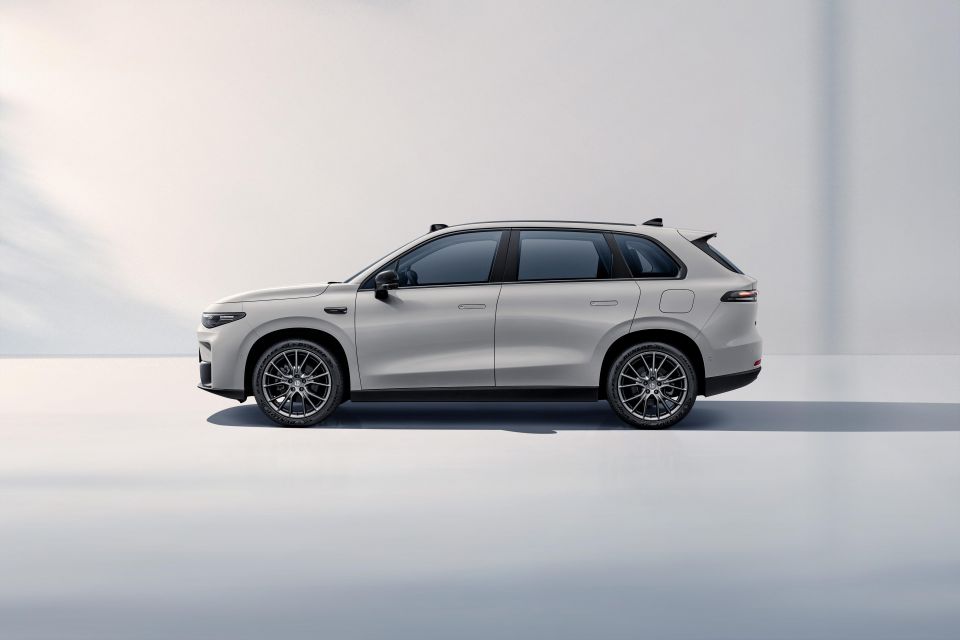
“Leveraging our existing global presence, we will soon be able to offer our customers price competitive and tech-centric electric vehicles that will exceed their expectations.
“Under Tianshu Xin’s leadership, they have built a compelling worldwide commercial and industrial strategy to quickly ramp-up the sales distribution channels to support Leapmotor’s robust growth and create value for both partners.”
Mr Tavares had previously railed against Chinese carmakers flooding the European market with cut-price EVs, only to turn around and announce a €1.5 billion investment into one of these very brands.

Leapmotor International will have exclusive rights for the export, sale and manufacturing of Leapmotor products outside China.
Moreover, the partnership between Stellantis and Leapmotor is aimed to boost the latter’s sales in China.
Stellantis’ presence in China needs some shoring up of its own, with Jeep switching in 2022 to an import-only lineup attracting tariffs and DS dissolving its local joint venture in 2020.
The automotive giant also sold its stake in its Chinese Peugeot and Citroen joint venture to Dongfeng in 2023.
William Stopford is an automotive journalist based in Brisbane, Australia. William is a Business/Journalism graduate from the Queensland University of Technology who loves to travel, briefly lived in the US, and has a particular interest in the American car industry.


James Wong
5 Days Ago
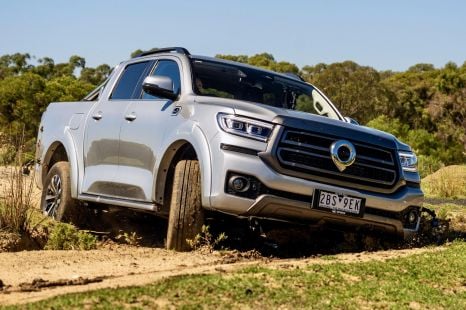

Max Davies
4 Days Ago
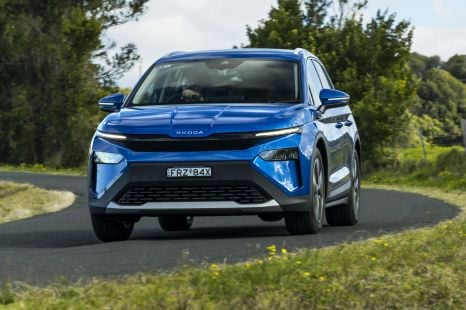

Josh Nevett
2 Days Ago
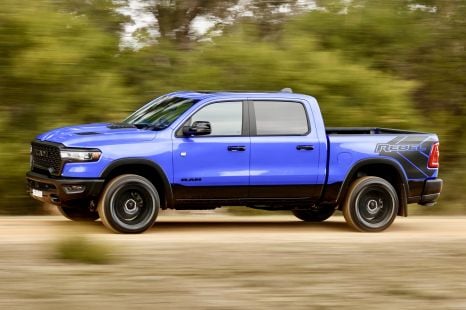

Max Davies
2 Days Ago
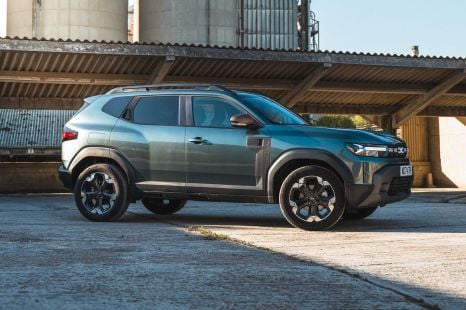

Damion Smy
2 Days Ago
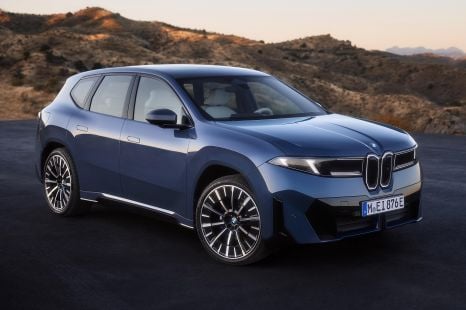

William Stopford
1 Day Ago